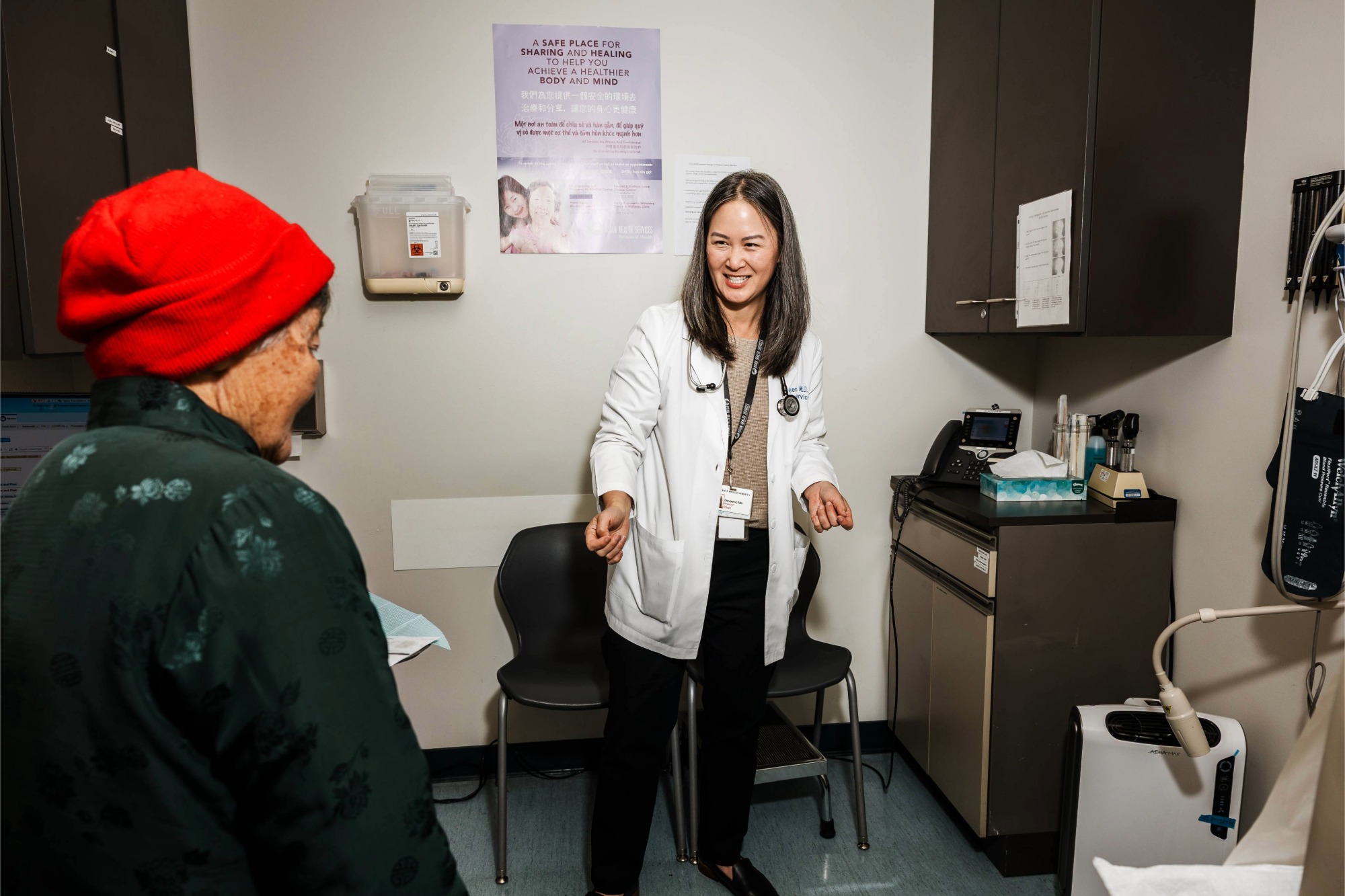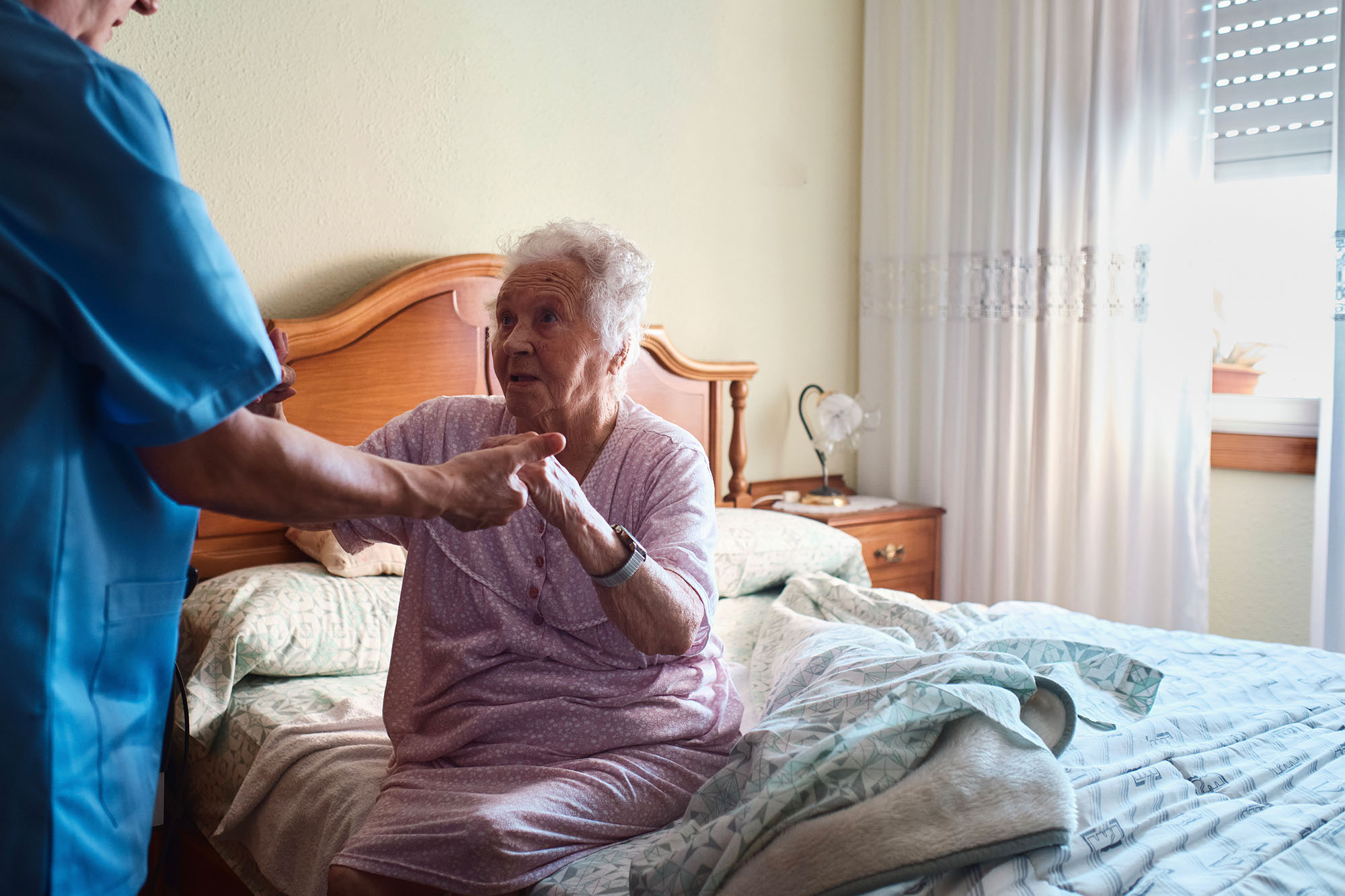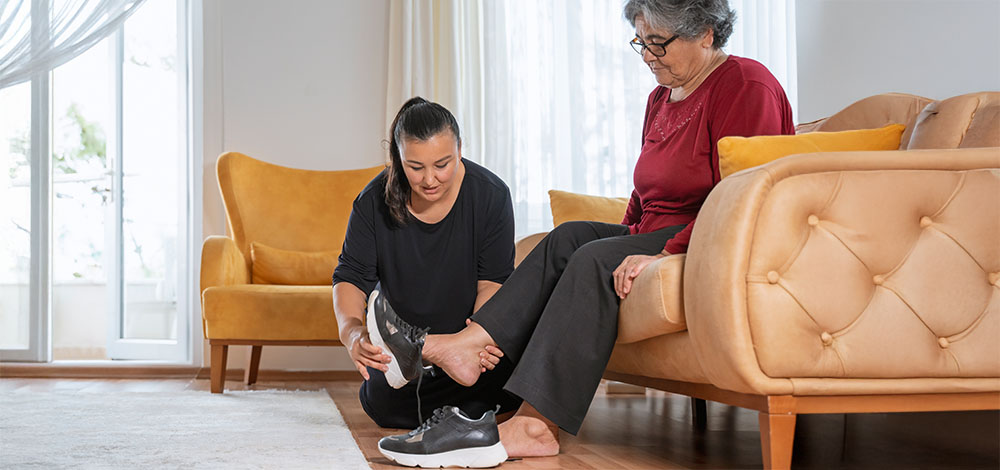View the Report
Jump to All Downloads & LinksAbout the Series
This report is part of the series CalAIM for Seniors and People with Disabilities, which focuses on elevating experiences from California and other states to ensure CalAIM reforms impacting Medi-Cal’s seniors and people with disabilities build on past efforts to integrate and improve care.
Among the growing population experiencing homelessness in California and nationally, older adults — defined here as age 50 or older — are the fastest-growing segment. The circumstances that trigger homelessness in older adults are often different than those for younger people, and older adults experiencing homelessness are often at risk for worse health outcomes, including much higher mortality than their younger unhoused counterparts.
CalAIM (California Advancing and Innovating Medi-Cal), California’s Medi-Cal reform effort, offers new opportunities to help the growing number of older adults experiencing homelessness. Specific CalAIM initiatives with the potential to address homelessness include Enhanced Care Management, Community Supports, the Justice-Involved Initiative, and the institutional long-term care carve-in.
Drawing from literature reviews, expert interviews, and examples from other states, this brief provides an overview of California’s population of older adults experiencing homelessness, describes CalAIM initiatives that can help address homelessness among older adults with disabilities or complex care needs or both, and highlights the challenges and opportunities for improving services and outcomes for this population.
Authors & Contributors
Carrie Graham, PhD
Carrie Graham is the director of long-term services and supports at the Center for Health Care Strategies.
Sarah Triano
Sarah Triano is the associate director of LTSS and disability policy at the Center for Health Care Strategies.
Torshira Moffett, MPH
Torshira Moffett is a senior program officer at the Center for Health Care Strategies.





